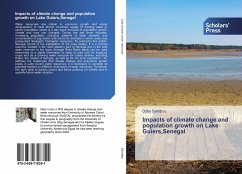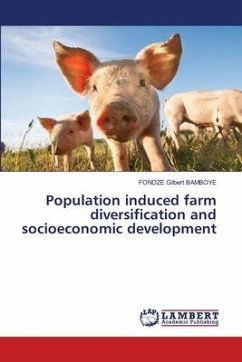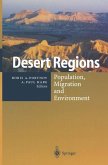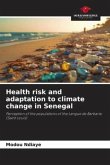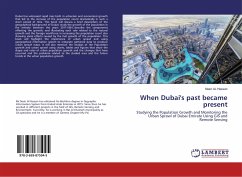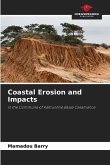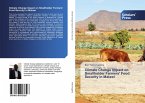Water resources are critical to economic growth and social development. In most African countries, supply of drinking water to satisfy population needs is a key issue because of population growth, climate and land use changes. During the last three decades, increasing population, changing patterns of water demand, and concentration of population and economic activities in urban areas has pressurized Senegal's freshwater resources. To overcome this deficit, Senegal turned to the exploitation of the Lake Guiers. It is a shallow reservoir located in the north-western part of Senegal and is the sole water reservoir in the lower Senegal River Basin which can be used extensively as a stable freshwater. Its water is used both for irrigating crops and as a drinking water resource for urban centres, including Dakar, the capital of Senegal, as well as for the local population . To address the challenges that climate change and population growth poses in Lake Guiers water resources, it is necessary to consider its potential impacts on different dimensions of water resources. Therefore, this work aims to assess recent and future patterns on climate and to quantify future water situation.

